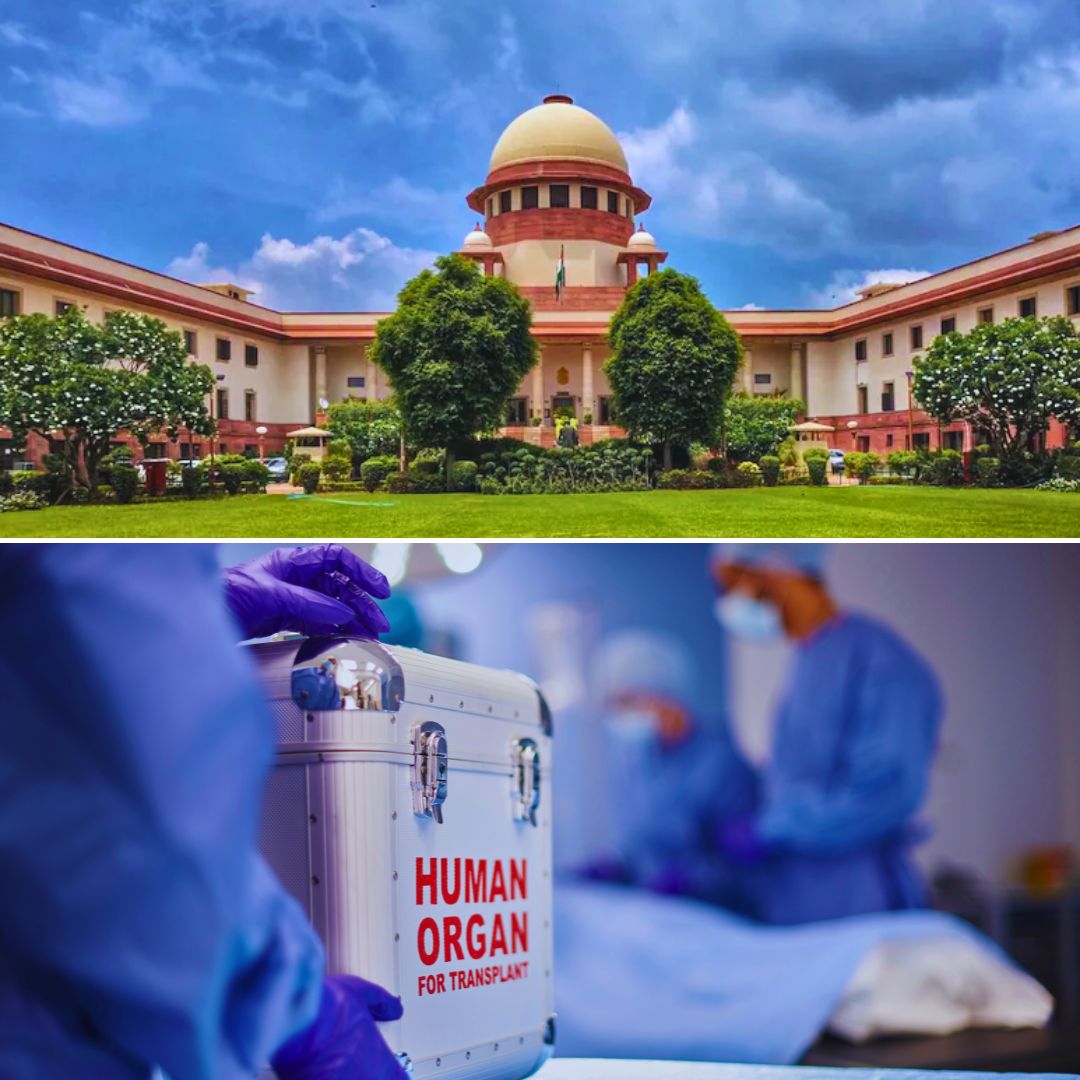The Supreme Court of India has taken a significant step towards ensuring equitable access to organ transplants across the country by directing the Centre to draft a unified national policy and establish uniform rules.
This landmark decision aims to dismantle longstanding systemic inequalities in organ transplantation, particularly those entrenched by economic, gender, and caste disparities.
The Court, led by Chief Justice BR Gavai and Justice K Vinod Chandran, has addressed critical gaps in transplantation governance to create a fairer medical framework that benefits all sections of society, especially the poor and vulnerable.
The Supreme Court’s orders call for transparent allocation criteria, robust monitoring bodies, and protections for live donors to safeguard their rights and welfare.
Ensuring Equitable Organ Transplant Access
The Supreme Court’s recent directives focus on creating a national policy for organ transplantation that guarantees equal opportunity for all citizens, regardless of socio-economic status. Currently, about 90 percent of organ transplants in India occur in private hospitals, which disproportionately serve the affluent, limiting access for low-income patients.
Senior advocate K Parameshwar, representing the petitioner Indian Society of Organ Transplantation, highlighted this disparity and urged the court to mandate the establishment of at least one government hospital per state and Union Territory where transplants could be conducted at affordable rates.
The Court underscored the necessity of model allocation criteria that not only eliminate regional variations in transplantation rules but also address gender and caste biases that influence organ allocation, ensuring a merit-based and humane system consistent across states.
Furthermore, the Supreme Court has directed the Centre to persuade states such as Andhra Pradesh, Karnataka, Tamil Nadu, and Manipur to adopt key amendments to the Transplantation of Human Organs and Tissues Act and related rules expeditiously. Several states currently operate under outdated laws or inconsistent frameworks, which impedes timely and fair organ transplantation procedures.
The Court emphasised that states like Manipur, Nagaland, Andaman and Nicobar Islands, and Lakshadweep lack crucial State Organ and Tissue Transplant Organisations (SOTOs), which are mandated under the National Organ Transplantation Programme for effective regional administration and monitoring.
The Centre has been tasked with constituting these bodies after consulting the respective states to close administrative gaps and streamline governance.
Protecting Live Donors and Strengthening Transparency
The Court expressed profound concern over the exploitation and commercialisation of live organ donors, calling for stringent welfare guidelines that ensure donors are protected before, during, and after transplantation.
These guidelines should guarantee appropriate medical care, psychological support, and safeguards against coercion or any form of financial exploitation.
Additionally, to bolster the cadaver donation process, the Court directed amendments to vital registration forms (Forms 4 and 4A) used for birth and death certificates to explicitly indicate brain death and whether the option of organ donation was presented to the deceased’s family.
This transparency is expected to enhance awareness and increase organ donation rates by encouraging families to consider donation at crucial moments.
In response to the demands from stakeholders, including the Indian Society of Organ Transplantation, the Court mandated the creation of a consolidated national database of organ donors and recipients.
Currently, the absence of such a registry delays transplantation procedures and fosters inequality. The Court’s orders also require the Union and State governments to impose strict penalties on hospitals failing to comply with transparency norms and reporting requirements.
This holistic regulatory framework aims to curb malpractice, dismantle organ trade mafias, and improve trust in the transplantation ecosystem.
Background and Imperatives for Reform
India’s organ transplantation regime has faced criticism for fragmented laws, regional discrepancies, and ethical concerns. States have varying degrees of legislative adoption of the 2011 amendments to the Transplantation Human Organs Act and the 2014 rules, which leads to irregular implementation and suboptimal patient outcomes.
Notably, Karnataka recently passed a resolution towards updating its regulatory framework, indicating progress but also reflecting the uneven landscape nationwide.
Reports of illegal organ trade and exploitative practices-including staged accidents to harvest organs-have brought urgency to judicial oversight. The Supreme Court acknowledged these alarming trends and emphasized the importance of a comprehensive, rights-based approach to organ transplantation.
The Court has entrusted the Union Public Health Secretary with personally supervising compliance with the directives to ensure their effective and timely implementation. This reflects the judiciary’s commitment to advancing social justice in healthcare through transparency, accountability, and uniformity.
The Logical Indian’s Perspective
The Supreme Court’s intervention is a watershed moment in India’s healthcare journey. It highlights not only the moral imperative of equitable organ transplantation but also the necessity of systemic reform to dismantle socio-economic barriers.
Access to life-saving treatments like organ transplants should be a non-negotiable right, not a privilege tethered to financial means or social status. By demanding uniform, transparent policies that protect donors and prioritise the vulnerable, India can set new ethical and operational standards in medical care.
The challenge ahead lies in translating these judicial mandates into effective on-ground action. It requires strong political will, inter-state cooperation, increased public awareness, and investment in healthcare infrastructure.
Citizens, healthcare professionals, policymakers, and advocacy groups must unite to ensure these reforms go beyond policy documents and become daily realities-where every life is valued equally.











